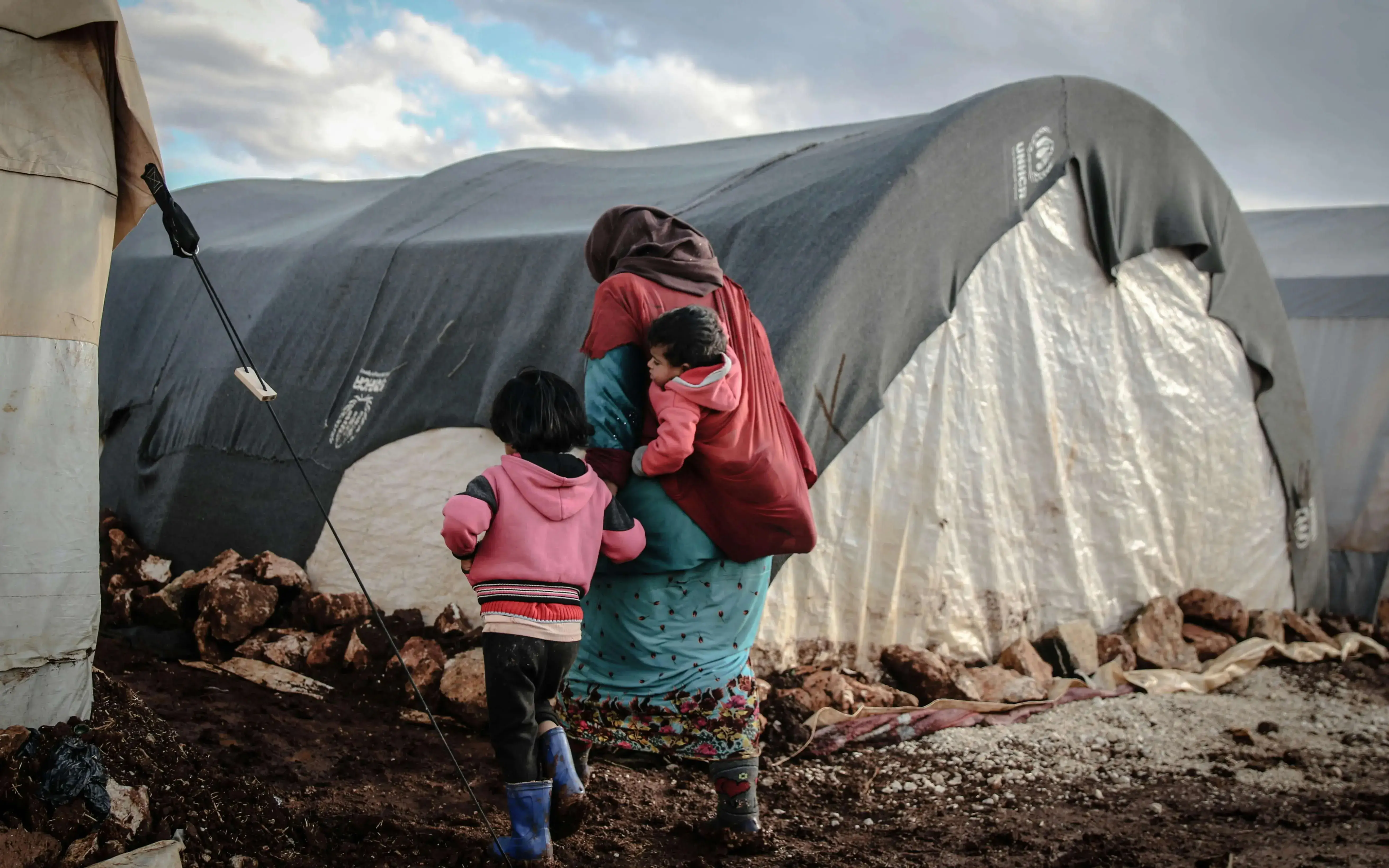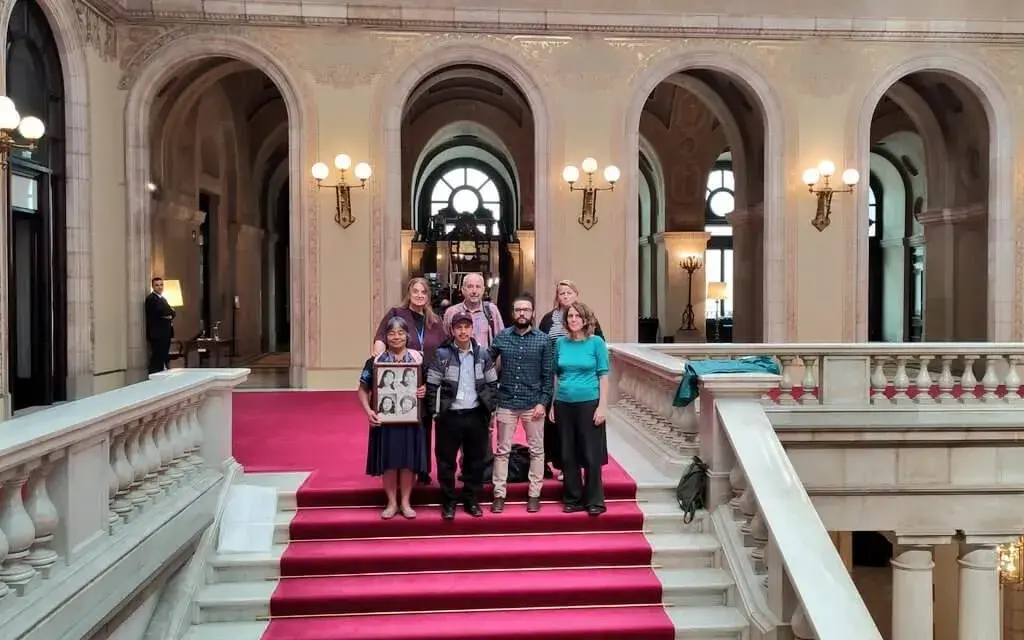The "Underprivileged" report examines five key areas in which it noted inequalities in the development of children: work, social security, housing, education and health.
The conclusion of the "Underprivileged" report (Spanish version here) by Save the Children is that inequality and poverty amongst children is on the rise. The report, released on the 14th of February, has analysed five key areas in order to find the main inequalities faced by children as they grow up. The five areas noted are: work, social security, accommodation, education and health. One of the most notable revelations in the report is that child poverty has increased by 8,4% between 2008 and 2015 in Spain. As a result of this statistic, Spain has one of the highest levels of inequality in the European Union. The report revealed that the children of the poorest 20% of Spaniards have seen a 32% decrease in their household incomes, against a decrease of 6% for the richest, according to the same study.
This last figure shows the difference in income that comes as a result of different opportunities in education: some have Masters degrees and speak several languages, while others do not have the opportunity to continue their studies beyond the minimum school leaving age. There has also been an increase in the social and cultural impact of the inequalities faced by these children. This means that they will struggle to learn and to create a strong social fabric, which could impact their personal and professional development. According to Save the Children, it is estimated that 80% of children in poverty will still be in poverty as adults.
In terms of their work, a child living in an area with low employment has a 78% chance of living in poverty, compared with 6% of children who live in an area with high employment. The data for social security is also worrying. Only three out of every ten children in poverty receive child benefits from the government. These numbers contrast with countries like Germany, Finland and Denmark, where the governments invest on average 2,3% of their GDPs to help children in poverty, compared with just 1,3% in Spain.
Furthermore, accommodation costs are constantly increasing for families – the poorest 20% of families had just €130 to spend on their children after paying rent per month in 2015, down from €233 per month in 2008. A similar downward trend has been seen by the health services who have seen their budget reduced by €807 million since the start of the economic crisis.
The report has been created with the help of a number of lectures and interviews with experts, alongside exhaustive analysis of official data and a biography written by Lucas Gortazar and Carmen de Paz from the Knowledge Sharing Network. Furthermore, it has also used the testimony of more than 130 children who reflected on inequality and poverty during participative research for the report.









Add new comment